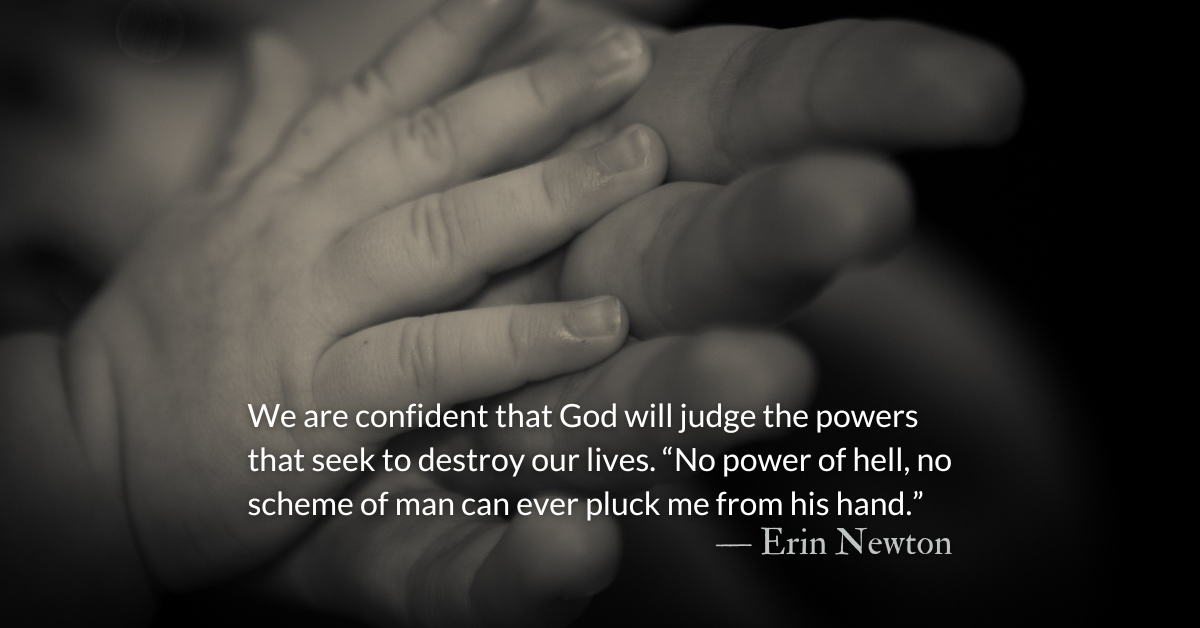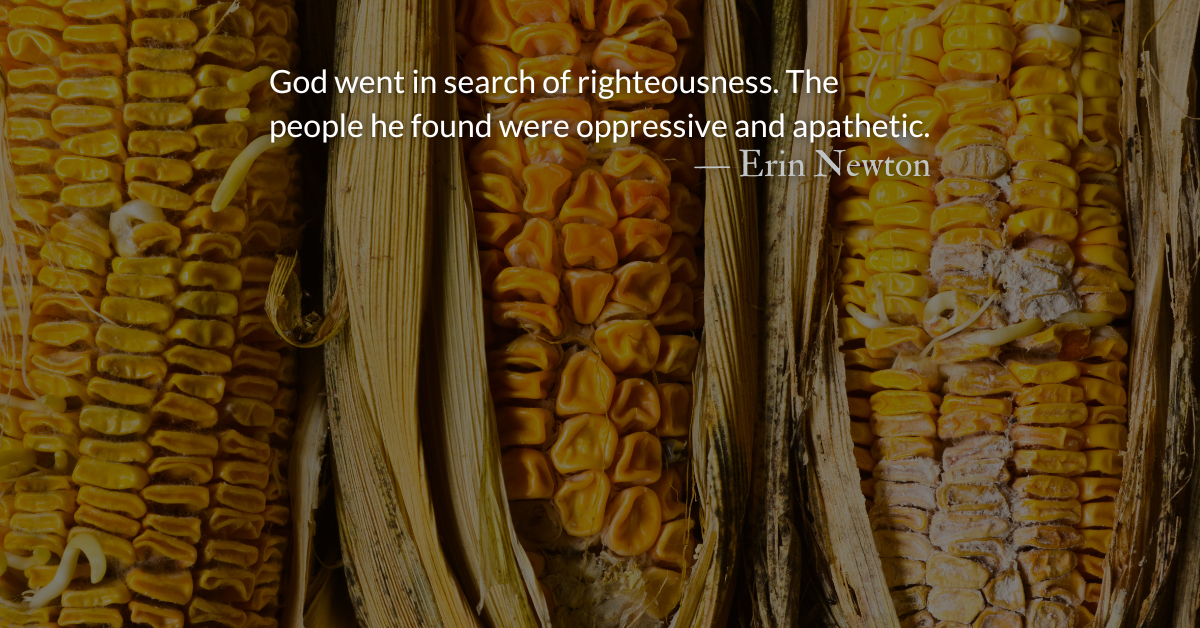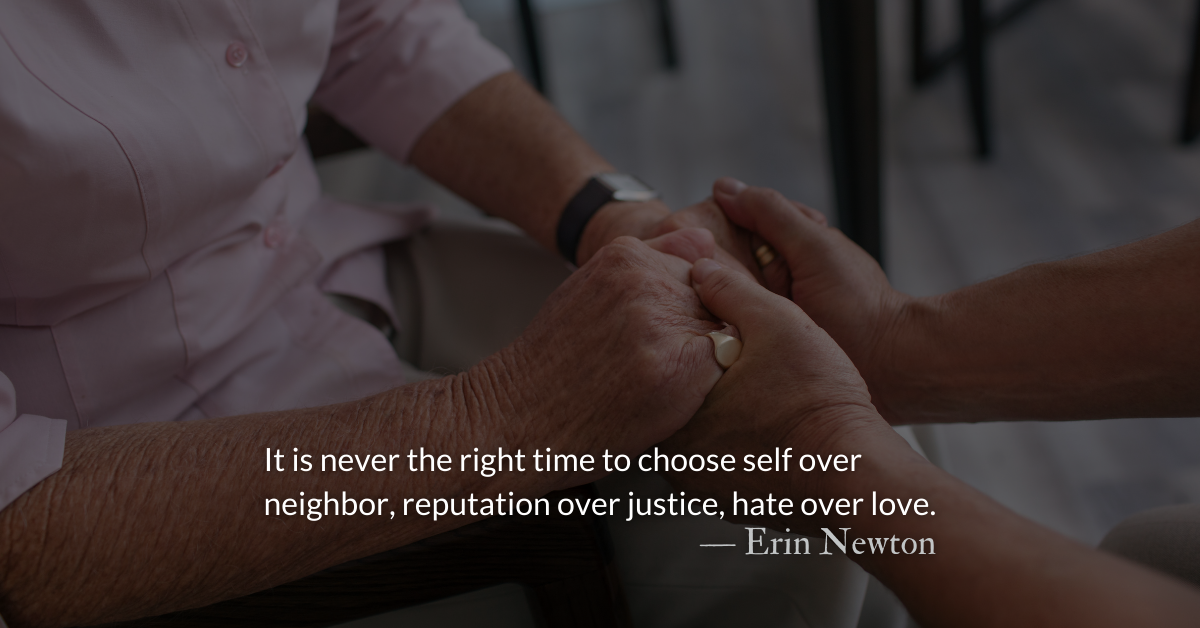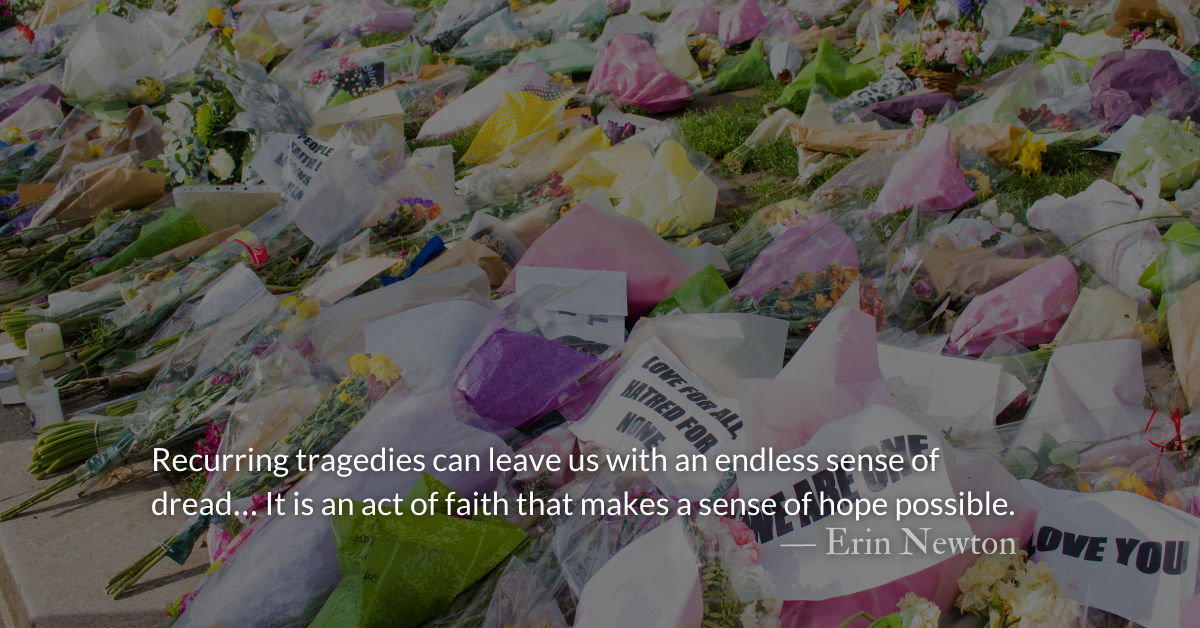Scripture Focus: Isaiah 13.6-8
6 Wail, for the day of the Lord is near;
it will come like destruction from the Almighty.
7 Because of this, all hands will go limp,
every heart will melt with fear.
8 Terror will seize them,
pain and anguish will grip them;
they will writhe like a woman in labor.
They will look aghast at each other,
their faces aflame.
Reflection: The Fall of a Superpower
By Erin Newton
Babylon is one of those places you read about all the time in the Old Testament. It served as the locus for much of the ancient Mesopotamian world during the first and second millennia BCE. Because this important city was part of the empires which dominated Israel, “Babylon” was often used as a token word for all enemies of God.
Isaiah 13 opens a series of “Oracles against the Nations” which describe the coming judgment on the superpowers of the ancient world. Unsurprisingly, Babylon is listed first as it was the dominating nation during Isaiah’s prophetic ministry.
The imagery provides a vision of God’s coming judgment as an army marching upon the enemy. The language speaks more of the emotional response than the specific tactics. Babylon will be gripped with fear and terror. Pain and anguish will come upon this powerful nation. Babylon will be like a woman in labor. She will be unable to flee, caught between painful contractions and escalating agony. The people will look at one another perhaps as a plea for help, only to be met with the same look of fear in their neighbor’s face.
When we read the oracles against other nations, it is easy to distance ourselves from them. We are often tempted to identify with God’s chosen people, the favored character of the story. At times, this is beneficial. It can be a source of hope when the powers in our lives seek to destroy us.
There is also the need to read these oracles and understand why Babylon was listed as an enemy. Babylon embraced idolatry and morality that was contrary to the law of God. While we often avoid reading ourselves into these texts, it’s important to realize we share in the same sinful nature and are at risk of adopting the practices of the world.
Thankfully, we are reconciled to God through Christ and need not fear being the enemy of God. We know that we are secure from his wrath because Jesus has endured our judgment. These prophetic passages are a means of examining our lives, ensuring we do not follow the way of Babylon.
It also heralds the supremacy and sovereignty of God throughout the whole world. We are confident that God will judge the powers that seek to destroy our lives. “No power of hell, no scheme of man can ever pluck me from his hand.”
Music: “In Christ Alone” by Stuart Townend.
Divine Hours Prayer: The Greeting
To you, O Lord, I lift up my soul; my God, I put my trust in you; let me not be humiliated, nor let my enemies triumph over me. Let none who look to you be put to shame. — Psalm 25.1-2
Today’s Readings
Isaiah 13 (Listen -3:11)
Matthew 25 (Listen -10:01)
Read more about How to Read Prophetic Judgment
The best way to read prophecy is to imagine yourself not as the speaker, but as the spoken to.
Read more about Default Settings for Scripture
The “default settings” of our mindsets about scripture have a big effect on our ability to make use of them






